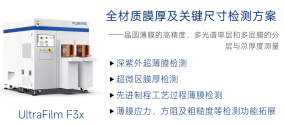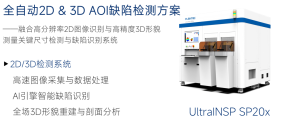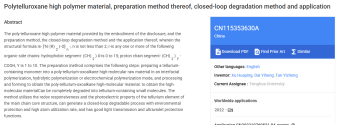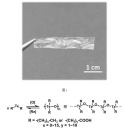Recently, Beijing Yanhuang Guoxin Technology Co., Ltd. (hereinafter referred to as "Yanhuang Guoxin") completed a B+ round of financing of over 100 million yuan, with this round of investment jointly led by Meihua Venture Capital and Chizhou Industrial Investment. It is reported that this round of financing will further accelerate Yanhuang Guoxin's research and development and market expansion in the field of high-reliability power management chips.
Yanhuang Guoxin was established in October 2016. It is a national-level specialized "little giant" enterprise focusing on power management chips, headquartered in Peking University Science Park, Beijing. Its main products include linear regulators, switching regulators, motor drives, power devices, integrated power modules, etc., which are widely used in aerospace, automotive electronics, new energy, industry, power grid, 5G, IoT and other markets.
As one of the few domestic manufacturers that master the core technology of radiation-resistant reinforcement, Yanhuang Guoxin has successfully shortened the development cycle of aerospace-grade DC/DC chips to 6-8 months through the "iron triangle" system of circuit design-layout optimization-process control built by the company, and the cost has been greatly reduced compared with imported products. The company's original "triple protection shield" technology - the total radiation dose (TID) has reached the international leading level, the electrostatic protection (ESD) has exceeded the 8000V threshold, and the ultra-low noise LDO precision has entered the sub-microampere level, which is effectively supporting the "space garden" of Chinese satellites and the "nerve center" of nuclear power units to realize the dream of independent and controllable "Chinese core". This is due to the deep industrialization experience of the company's core team, including the chief scientist of the National (973), the winner of the first prize of the Ministry of Education's Science and Technology Progress Award, the specially appointed expert of the State Council, and senior engineers from Peking University, Tsinghua University, the Chinese Academy of Sciences, the University of Electronic Science and Technology of China, TI, ADI and other international giants.







